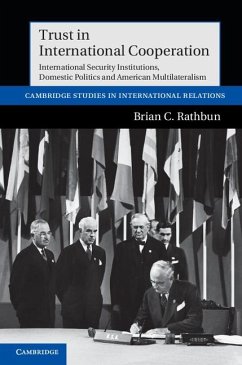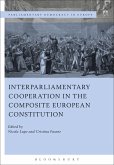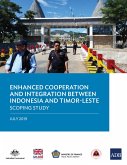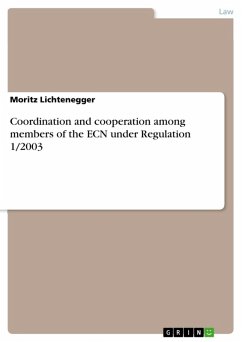Trust in International Cooperation challenges conventional wisdoms concerning the part which trust plays in international cooperation and the origins of American multilateralism. Brian C. Rathbun questions rational institutionalist arguments, demonstrating that trust precedes rather than follows the creation of international organizations. Drawing on social psychology, he shows that individuals placed in the same structural circumstances show markedly different propensities to cooperate based on their beliefs about the trustworthiness of others. Linking this finding to political psychology, Rathbun explains why liberals generally pursue a more multilateral foreign policy than conservatives, evident in the Democratic Party's greater support for a genuinely multilateral League of Nations, United Nations and North Atlantic Treaty Organization. Rathbun argues that the post-World War Two bipartisan consensus on multilateralism is a myth, and differences between the parties are growing continually starker.
Dieser Download kann aus rechtlichen Gründen nur mit Rechnungsadresse in A, B, BG, CY, CZ, D, DK, EW, E, FIN, F, GR, HR, H, IRL, I, LT, L, LR, M, NL, PL, P, R, S, SLO, SK ausgeliefert werden.
'The role for 'trust' in world politics is often denied, taken for granted, or simply overlooked. This book asks excellent questions about how, when, and why states trust each other - and when they don't. Paying close attention to both domestic politics and international relations, Rathbun covers the most important cases of negotiating world order in the [twentieth] century and shows the important contribution of trust in all of them, often in counter-intuitive ways. It opens a door between history, psychology, and foreign policy that should never have been closed in the first place.' Ian Hurd, Associate Professor, Department of Political Science, Northwestern University









